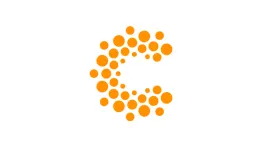

Why crowdfunded healthcare is better than health savings accounts for many people.
In today's world, the increasing costs of healthcare have become a significant concern for individuals and families. Health Savings Accounts (HSAs) have long been considered a valuable tool to manage healthcare expenses, but they may not always be the most cost-effective option. At [Your Company Name], we understand the challenges of healthcare costs and aim to provide you with insights into the cost comparison between HSAs and crowdfunded health insurance.
Health Savings Accounts, or HSAs, are tax-advantaged savings accounts designed to help you cover medical expenses while saving for the future. They offer a range of benefits, but it's essential to consider the potential costs associated with HSAs.
Crowdfunded health insurance is a relatively new concept where individuals pool their resources to cover healthcare expenses. This approach aims to provide affordable healthcare coverage while minimizing costs for participants.
Regarding costs, HSAs and crowdfunded health insurance can differ significantly. While HSAs offer tax advantages and flexibility, they may come with certain expenses that can make them more expensive than crowdfunded health insurance in specific situations.
HSAs can incur costs in various ways:
It's crucial to calculate these potential costs and assess whether they outweigh the benefits of HSAs.
To make the right choice between HSAs and crowdfunded health insurance, it's essential to consider your circumstances. Factors such as your healthcare needs, financial situation, and risk tolerance significantly determine which option is more cost-effective for you.
In conclusion, the rising healthcare costs demand careful consideration of your healthcare financing options. While Health Savings Accounts (HSAs) offer tax advantages and flexibility, they can also come with expenses that might make them more expensive than crowdfunded health insurance in some instances. At [Your Company Name], we're here to assist you in making an informed decision about your healthcare coverage. Contact us today to explore your options and find the most cost-effective solution.







